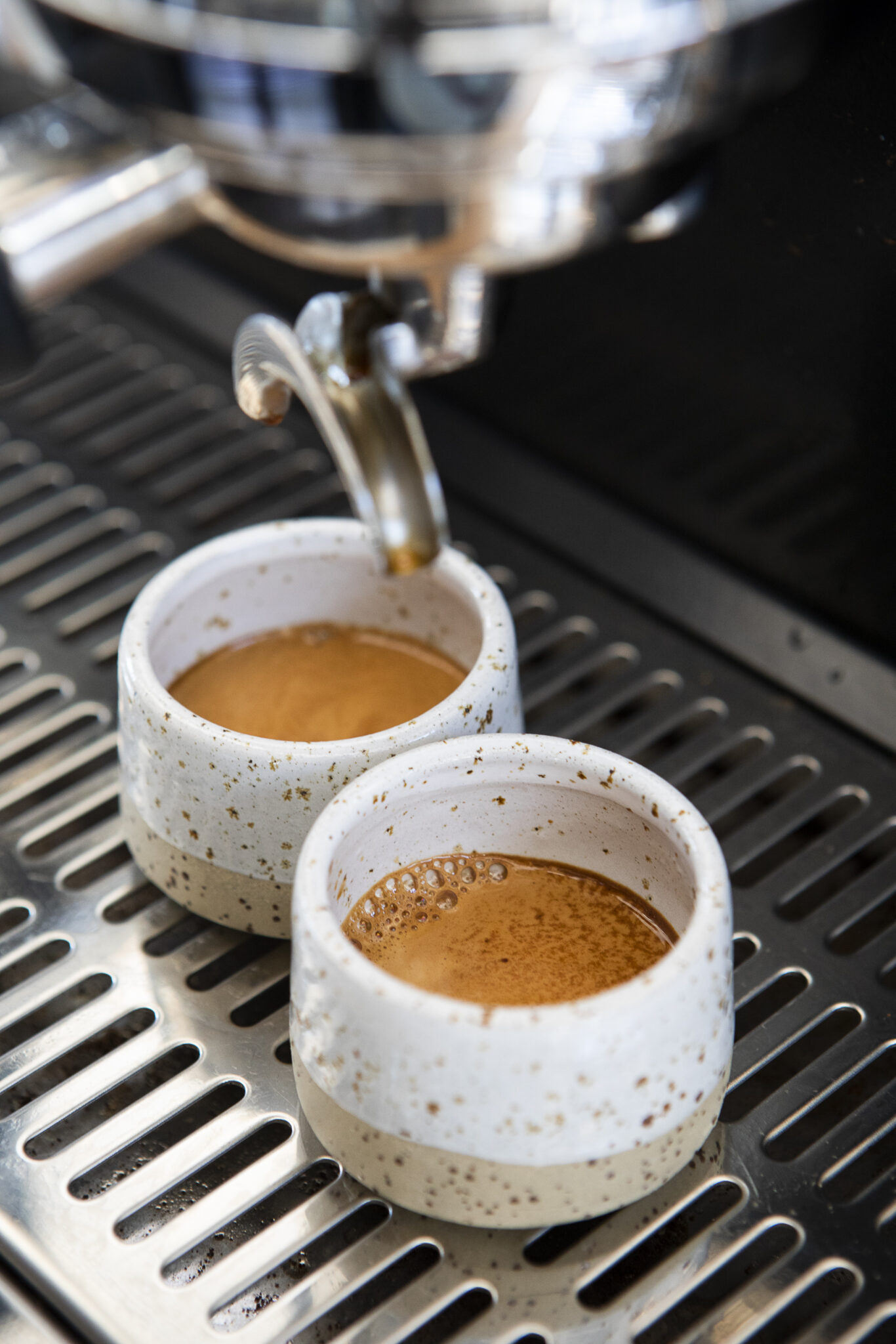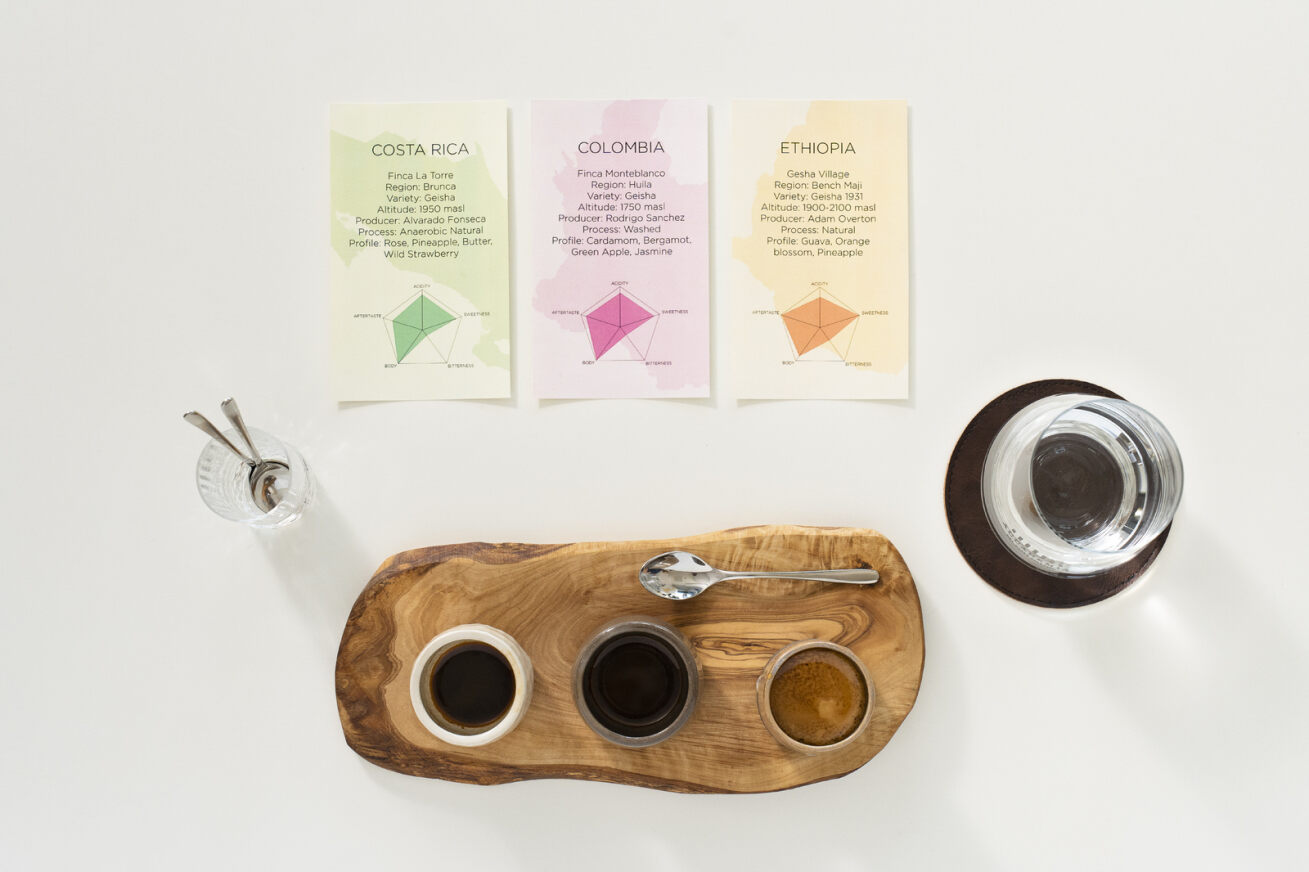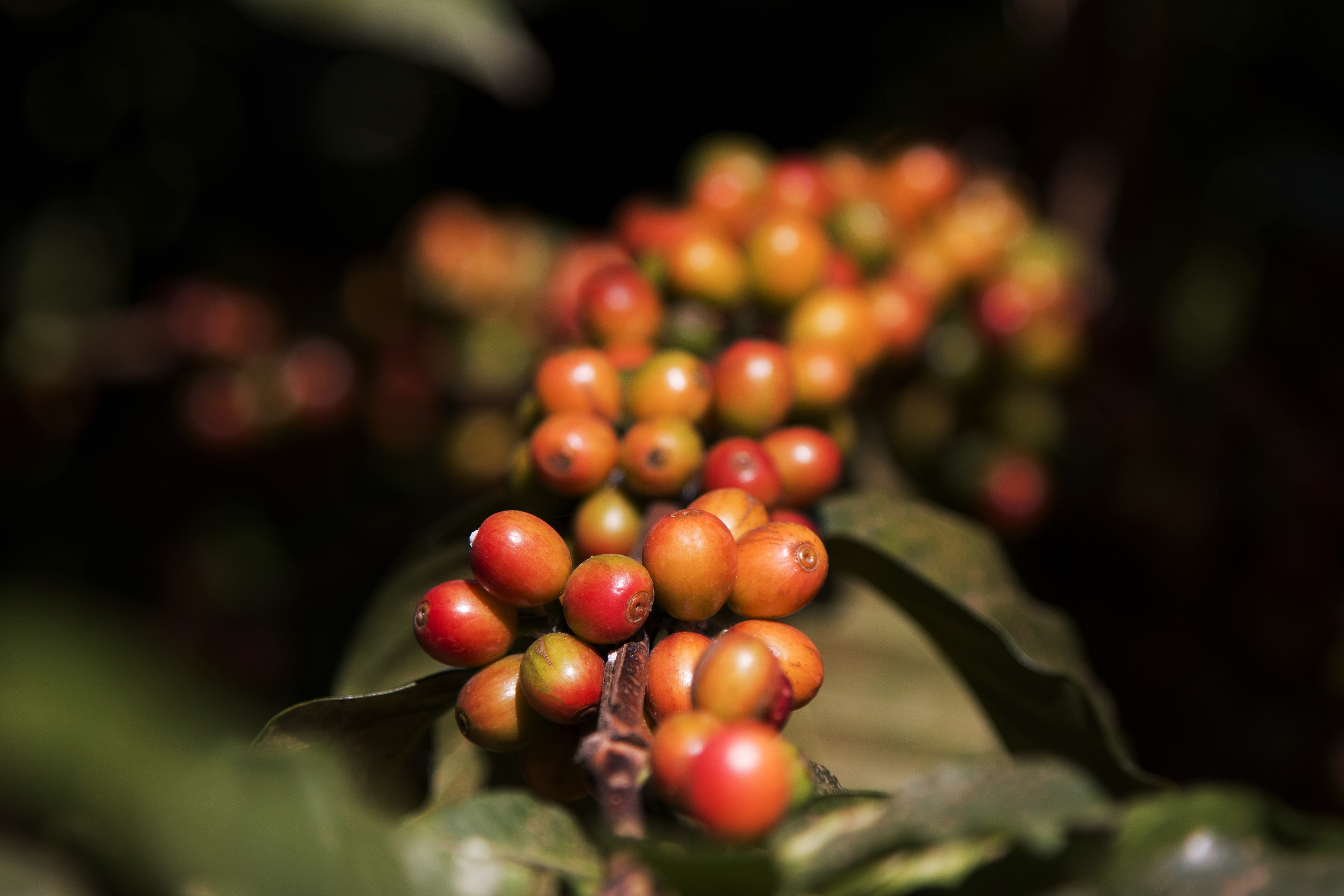Florence, June 3rd, 2024 – Accademia del Caffè Espresso is a cultural hub created by La Marzocco to promote and popularize espresso coffee, hosted by the company’s historic factory on the hillside of Fiesole, overlooking Florence.
The staff working in this multifunctional hub is pursuing several projects that link the worlds of coffee production and consumption. The hub has established relationships with partners all over the world; has designed experiences, hosted events and completed academic and scientific projects focused on coffee research; moreover, the space was also used for training purposes.
Coffee is produced in places far from where it is consumed, often in extreme conditions. Today, it is threatened by climate change and needs to be protected, therefore compelling institutions to invest and research new ways to protect it and protect the people that earn their livelihoods from farming it.
La Marzocco has been acting for some time with the intent of improving the quality of life of those who work at the origin of the supply chain. Through Accademia del Caffè Espresso, the Florentine manufacturer aspires to be a reference point for the whole sector, bridging the gap between producers and consumers, and playing an active role in building value across the entire supply chain, reflecting virtuous and sustainable work and efforts.

Accademia has ongoing projects with several partners, concerning a wide range of applications: Accademia del Caffè Espresso, together with Cisco and PNAT, is continuing its work on the “ConSenso” project, an innovative remote monitoring system based on a coffee plantation plot in Tanzania, involving hi-tech, sensors installed directly on the coffee plants to collect data that allows our researchers to evaluate their health state and to optimize water and resource use. The project has been the subject of a video reportage named “Tunasikia”.
The final objective of the project is not limited to helping the Tanzanian plantation of Utengule through the real-time recording of plant reactions to climate change: its ultimate goal is creating systems and strategies that can be replicated and employed on other crops throughout the world, promoting the resilience of plants, helping them face the challenges posed by global warming.

The research projects carried on by Accademia del Caffè Espresso also target specific aspects and qualities of the coffee bean and plant; this research is led by the Coffee Education Leader and the Coffee Research Leader of Accademia del Caffè Espresso, in collaboration with partners and institutions in the sector; to be precise, an in-depth analysis aimed to understand the effects of fermentation on coffee quality is taking shape, both in the laboratory and in several coffee-producing countries in Latin America.
CDR is one of Accademia’s partners, as a company that produces and markets systems for the analysis of chemical parameters for the quality control of food and beverages on the world market through its CDR FoodLab® division. With a strong focus on R&D, CDR FoodLab® continues to introduce innovative technologies that meet the specific needs of various sectors within the food and beverage industry. This division includes CDR CoffeeLab®, an innovative system that helps analyzing and controlling the fermentation process and defining the chemical profile of green beans, of roasted coffee and the beverage.
Coffee cultivation is a complex process influenced by many variables such as altitude, soil, cultivar and climatic conditions, but also by farming and processing practices. After the harvest, the coffee undergoes fermentation which profoundly influences the organoleptic profile of the bean and of the final beverage. The variance of microorganisms, the characteristics of the pulp and the environmental factors contribute to this variability.

One of the projects took place in Honduras, with the Honduran coffee protection body – IHCAFE (Hondureño Café Institute) collaborating with Accademia del Caffè Espresso with the objective of measuring and monitoring the evolution of sugars and acids during step-by-step processing. In the 2022-2023 harvest period, two varieties of coffee, Pacas and Lempira, at three different stages of their maturation, were fermented for 48 hours in fermentation basins using the washed method. During fermentation, both the process water and the coffee beans were analyzed at regular intervals using CDR CoffeeLab®.
The same green coffee samples were roasted and evaluated through cup tasting using the SCA protocol. The two varieties were found to be responding differently to the fermentation process. In the Pacas coffee variety, the parameters measured have undergone notable variations, demonstrating the great qualitative potential of this ancient cultivar. Particularly interesting was the behavior of acetic acid, which was also perceptible during tasting.
The balance between acidity and sugars was essential in determining the final quality of the product extracted as espresso: the research highlighted the correlation between the tasting results and the acidity and sugar values measured in the green coffee beans.
The results of the collaboration between CDR and the Accademia del Caffè Espresso, along with the contribution of university-owned research centers, provide results important for the La Marzocco’s R&D department as well: the R&D team combines the scientific research of CDR with the practical, sensorial experience of the Coffee Team of Accademia and manages to translate them into technological innovations to be applied to new products. For example, this research significantly influenced the development of crucial components of La Marzocco’s own coffee grinders, the Swan and the Pico, and the development of new pre- infusion and extraction systems and solutions.
The research carried out with CDR has already been useful to La Marzocco’s R&D department in the past: the data collected has allowed the La Marzocco R&D department to develop innovations in the field of on-board machine sensors useful for determining some of the fundamental water parameters necessary for a correct extraction of espresso coffee and for overall performance of the coffee machine. The latest information regarding the research and the academic results achieved by Accademia del Caffè Espresso can be found online, along with updates, on the website and on Instagram @accademiadelcaffeespresso.









NO COMMENT